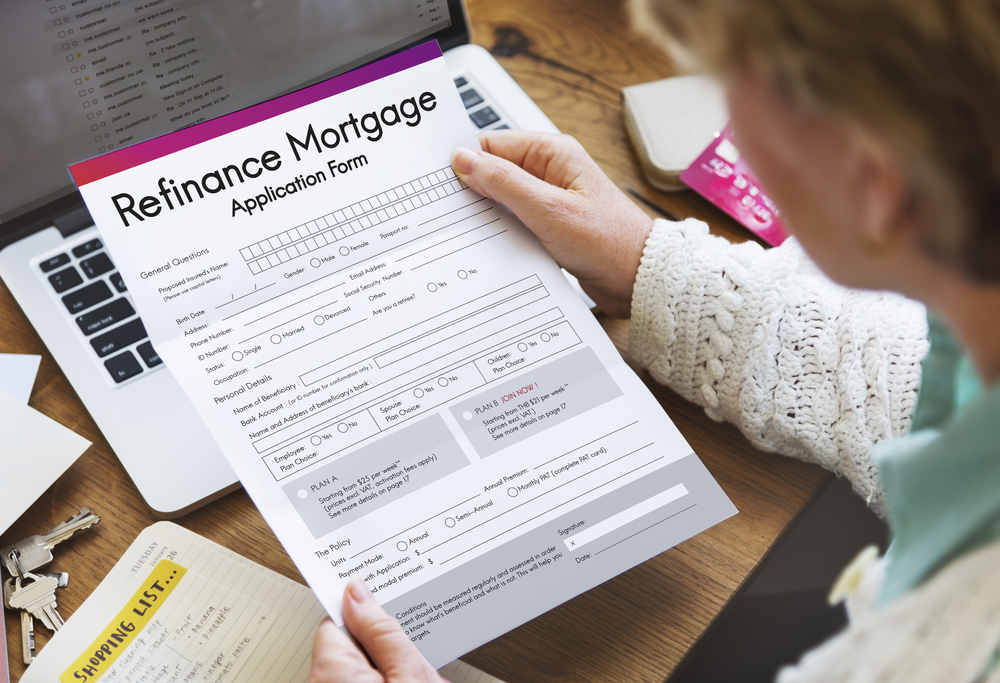What to Expect From Drug and Alcohol Rehab Programs
A first-time rehab experience can be intimidating. Even if you want to quit an addiction, you may still be nervous or scared about going to rehab because you don't know what to expect. Click below and start your search! .
 Knowing what happens in rehab can put your mind at ease. Here are some of the most common features of rehab programs so you can be as prepared as possible for the experience?
Knowing what happens in rehab can put your mind at ease. Here are some of the most common features of rehab programs so you can be as prepared as possible for the experience?
Check-In
Staff members will often start by having you complete an intake interview to find out more about you. This is an important step in the rehab process, because this information will be used to start customizing your treatment plan.
The common length of stay in drug and alcohol rehab is 28-30 days, 60 days, or 90 days. While treatment for any period of time is a step in the right direction, the National Institute on Drug Abuse (NIDA) recommends people spend at least 90 days in treatment?
Detox
After the initial assessment, you'll go through the detoxification process. Detox is the process of removing drugs or alcohol from your body after prolonged abuse. Though this can be a difficult process for some, it's important to cleanse your body of these substances so that you're ready both physically and mentally for the work that lies ahead in rehab.
Everyone has a different experience with detox. Depending on the type of substance used, how much you consume, and how long you've been using it, this process can take anywhere between three to 14 days.
If you suddenly stop using a substance that has a high potential for dependency (such as heroin, morphine, benzodiazepines, or alcohol), you may experience some uncomfortable withdrawal symptoms. In many instances, medication will be given to ease the withdrawal symptoms associated with these drugs.
Therapy
Various types of therapies will be used throughout the recovery process to help you overcome your cravings, avoid relapses, and remain clean throughout your life.
Individual Therapy
During individual therapy for addiction, you'll work with a health professional privately in one-on-one sessions. During these sessions, you'll take an honest look at yourself, your addiction, and the effect your addiction has had on your psyche. This personal education can be a powerful way to help you heal.
Your therapist will also help you identify your addiction triggers. Once you've identified them, the therapist will teach you how to deal with (or eliminate) them in a healthy manner rather than destructively.
An addiction specialist will customize the right types of therapy for your unique needs. Therapy can come in many forms, but research suggests that behavioral therapies are most effective in treating addictions.3? Two of the most common behavioral therapies used in this setting are cognitive behavioral therapy and motivational interviewing.
Sessions can be held in the therapist’s office or anywhere that you can speak together privately. While the exact duration and frequency of these sessions vary, most people typically meet with their therapist once a week for one hour.
Family Counseling
Research has shown that including family and friends in the educational process significantly improves rehab outcomes.4? Because of this, many addiction rehab facilities offer family therapy as part of their program.
Family members are often deeply affected by their loved one’s addictive behaviors. Family counseling is a safe space for everyone to air their grievances and for your family members to learn how they may have enabled or contributed to your addiction. Acknowledging and working through these complicated, sometimes painful emotions is a necessary component for healing and continued growth.5?
During family counseling, your family members will also learn about the dynamics of addiction and how to best support you once you leave the rehab facility.
Many programs include family members and friends throughout the entire rehab process, from the initial assessment through continued follow-up aftercare. Others require family members to attend Al-Anon meetings if they want to visit you while you are in treatment
Aftercare Planning
By the end of rehab, you and your counselor will have come up with continuing care (aftercare) plan based on where you are in your recovery journey. Engaging in aftercare is shown to significantly reduce drug and alcohol relapse rates.6? This makes it an incredibly important component of your treatment
Your plan will be full of social and medical support services to help in your transition. It may include transitional housing (like a sober living home), follow-up therapy and counseling, medical evaluations, alumni support groups, and other suggestions to help you avoid the situations and triggers that might cause you to relapse.
A Word From Verywell
If you are suffering from a substance use disorder, it is crucial that you get help. Although it might seem scary at first, it's important to understand that ultimately rehab is a positive experience. Don't allow your fears about what happens in treatment to prevent you from doing something great for yourself and your life.
This Article was Originally Published on Verywellmind.com








